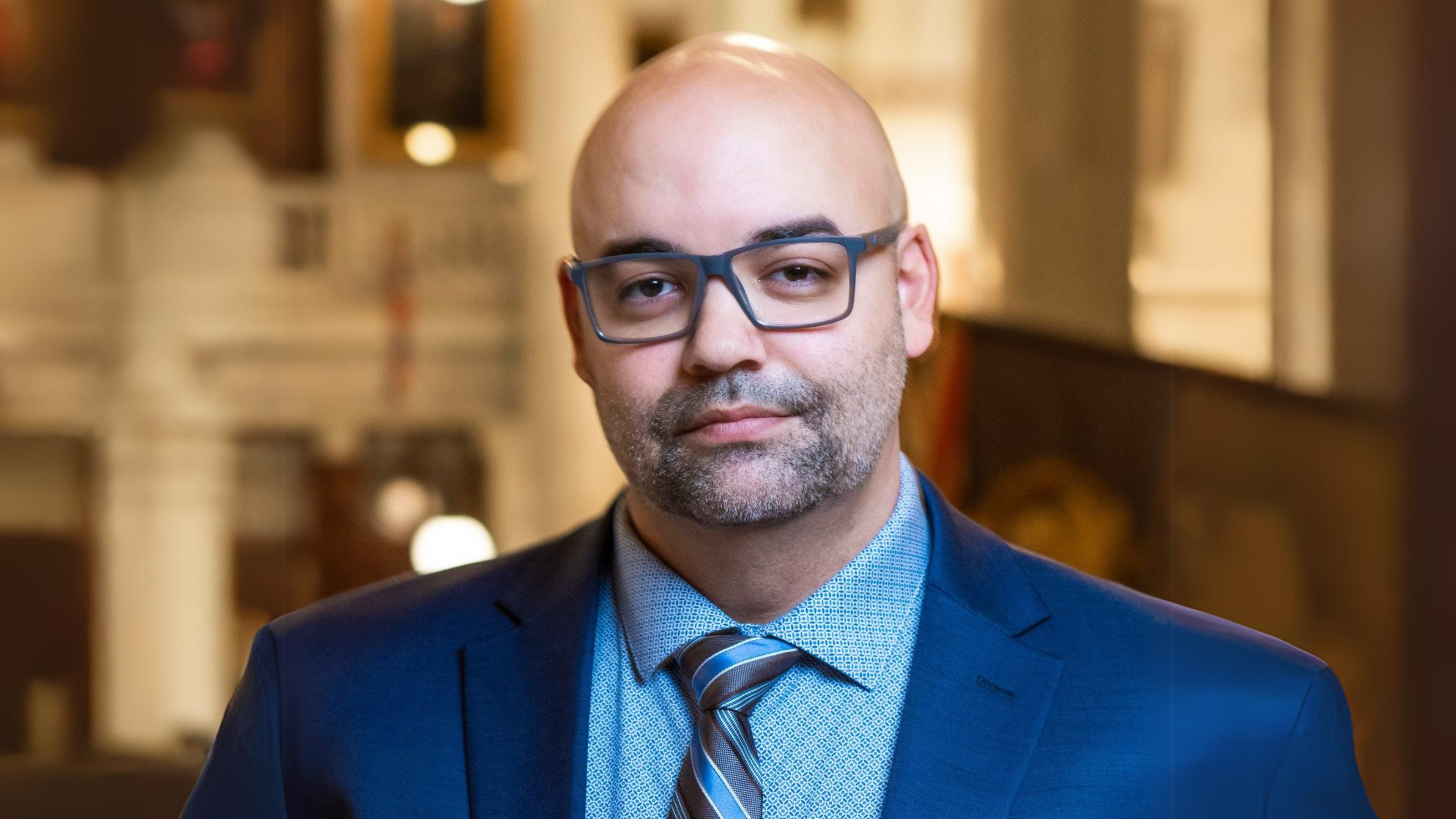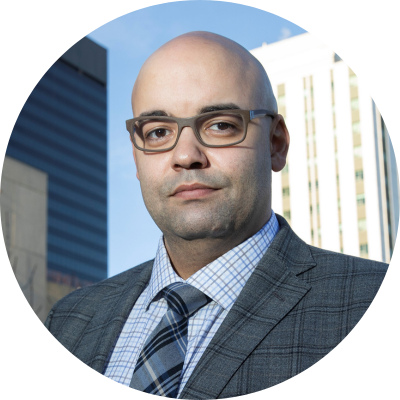In this week’s Innovator Spotlight, hear from Jared Wesley, professor in the Department of Political Science, as he discusses the topic of division and the importance of building common ground as well as fostering a deeper sense of belonging among people who don’t see themselves as being part of mainstream society.
How do you describe your work to people who don’t work in your field?
Our Common Ground research helps people understand the difference between who they actually are as individuals and who they think they are as communities. In Alberta as elsewhere, there’s a growing sense that our communities are becoming increasingly divided between progressives and conservatives, newcomers and longtime residents, people in cities versus those in rural areas, older folks and newer generations, and so on. Our study challenges these notions, pointing out that far more unites most of us than divides us.
What’s one big problem you want to solve through your work?
We’ve learned that most of us, regardless of our background, tend not to like or want to engage in political activity. At the same time, most of us live with a false sense of social reality. We tend to underestimate the extent to which our own, typically moderate, attitudes are actually part of the mainstream. At the same time, we overestimate the number of people who take diametrically opposed and radical views of politics. By helping people appreciate the scope of common ground among us, we hope to push back against the notion that politics is too extreme and polarized to become engaged.
What does the word “innovation” mean to you?
Innovation means moving beyond conventional ways of seeing and doing things to find new pathways for understanding and action. Our own research employs interactive focus groups in new and exciting ways, engaging everyday people in political conversations in which they wouldn’t typically participate with folks they wouldn’t otherwise meet. By doing that, we’re lowering largely imaginary boundaries that keep us divided.
What’s been your biggest a-ha moment — in life or work — so far?
A big part of our research involves understanding why so few folks feel connected to their political communities. I remember hosting a focus group with dozens of young, Black women from high schools across the Edmonton region. We asked them to complete a simple activity: draw us an Albertan. We got some strange looks, to be sure, but everyone went along with the exercise. When we finished, it turned out only two participants drew a person of colour, and another pair drew women. The rest drew white men, suggesting that most did not see themselves as being “typical Albertans.” In follow-up conversations, I learned that only a handful of the young women planned on staying in Alberta once they had completed high school. This brought home for us the importance of not just building common ground and inclusive communities, but also fostering a deeper sense of belonging among people who don’t see themselves as being part of mainstream society.
How do you or your team come up with your best ideas?
Our team meets regularly to share insights and test out new techniques. Most of our most innovative ideas have come from group brainstorming sessions, where one person throws out an idea and others build on it. At times, it feels like a writer’s room for a television show with everyone contributing to the end product. By the time the idea is fully implemented, none of us can remember who brought it up in the first place. Common Ground is that kind of team effort.
What’s your favourite thing about working at the U of A?
I love working with students to generate new approaches to understanding politics. We have such a diverse student body, with people coming from a wide range of backgrounds and bringing different skill sets to our classrooms and labs.
Do you have a role model at the U of A? How have they influenced you?
I’m particularly proud of the work all of us are doing through the Black Faculty Collective and Black-led Research Network Initiative (BRNI). I draw a lot of inspiration from my fellow Black faculty members and students as we seek to build a centre of excellence for Black scholars here at the University of Alberta.
In Shape: The University Strategic Plan 2023-2033, the University of Alberta commits to having a positive impact on our students and staff, our communities, and the communities we serve here in Alberta and around the world. What are the impacts of your work?
Our Common Ground project keeps us embedded in communities across Alberta. We conduct several cross-province tours each year to understand what life’s like for the typical Albertan. We survey thousands of people annually as part of our Viewpoint Alberta survey. And we conduct dozens of interviews, publish regular op-eds, and deliver numerous community engagement activities. Policymakers at all levels of government have invited us to share these insights to improve programs and services.
What’s next for you? Do you have any new projects on the horizon?
Our team is transitioning into the applied phase of our research into Western Canadian political culture. As part of this, we are working with Alberta Municipalities to develop a new Common Ground Toolkit -- a series of online resources for folks to detect and address hyper-polarization in their communities. We will be visiting towns and cities across the province this summer to refine these tools with citizens and local leaders.

